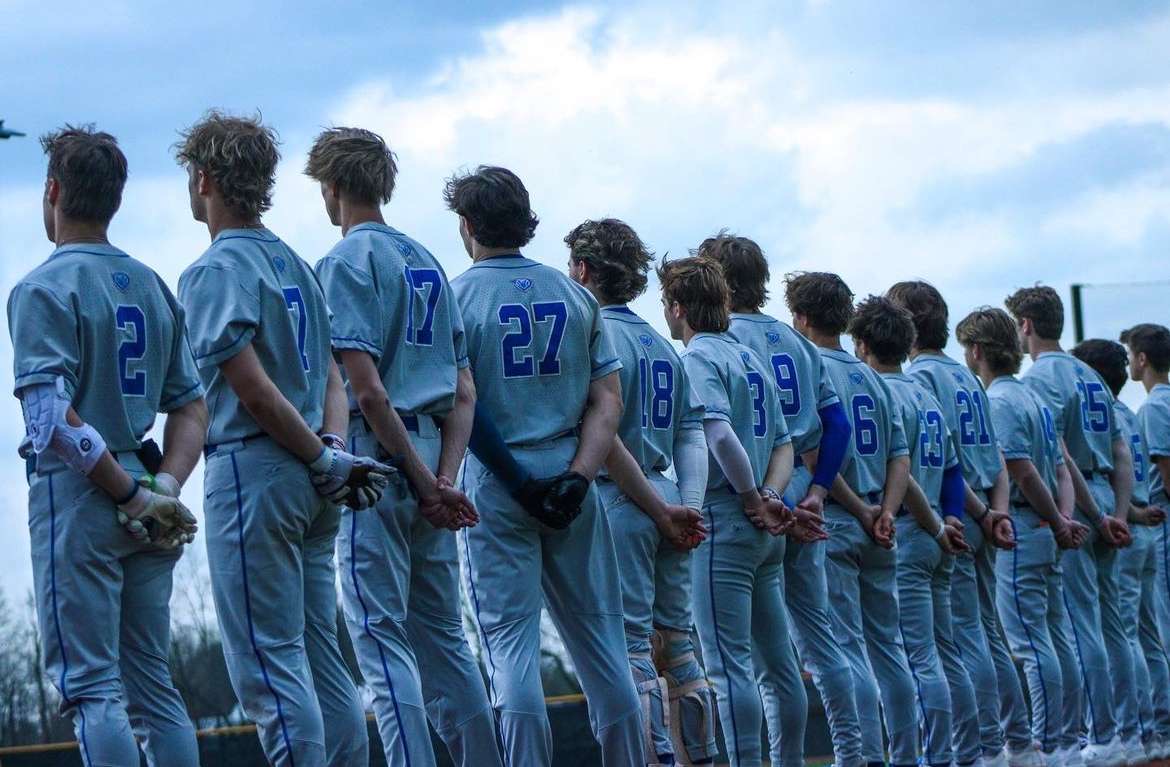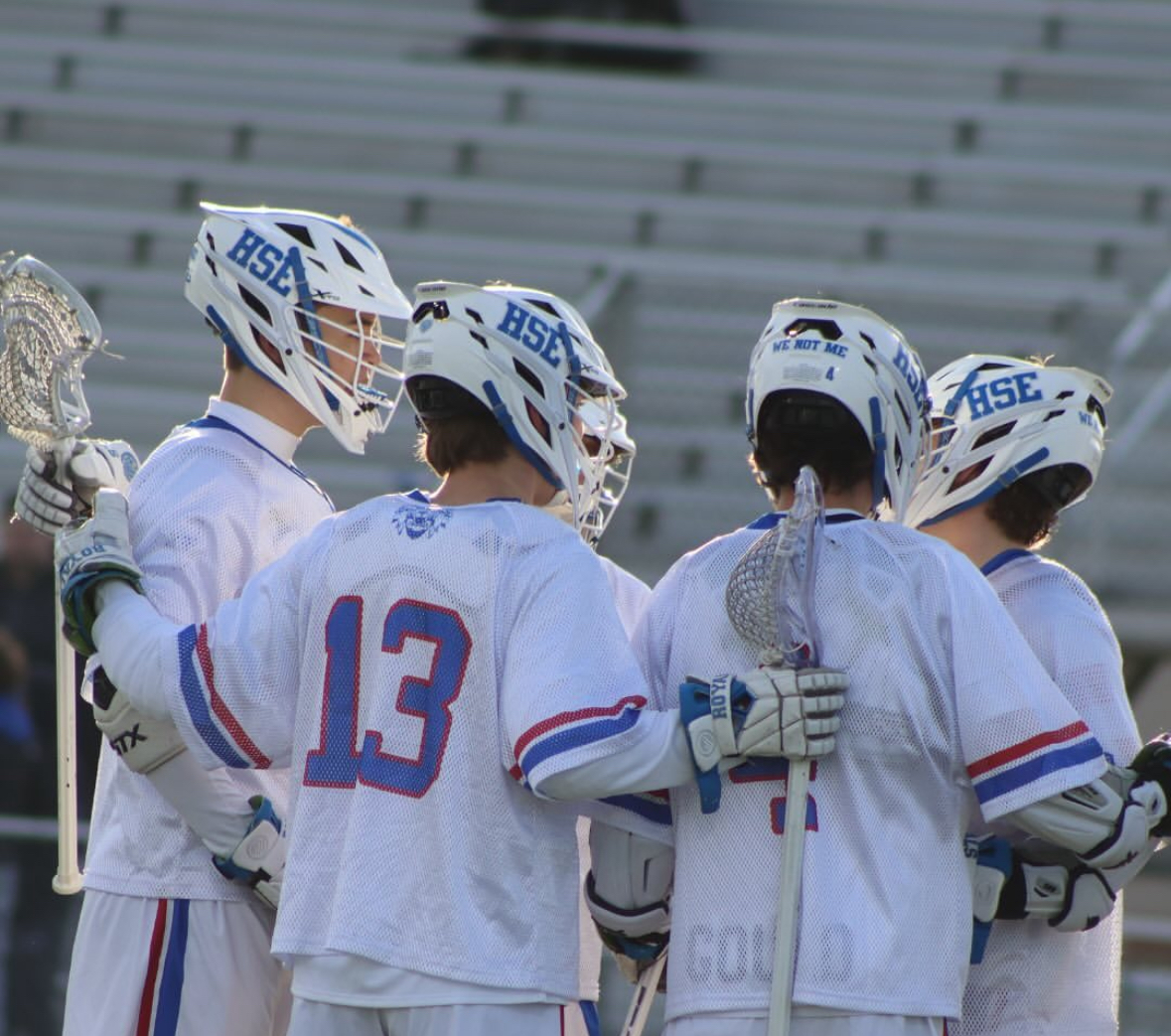It can be hard to live in today’s world. Tensions between nations, disastrous weather and political battles play out in the media every day with seemingly increasing urgency. It may seem difficult for teenagers to cope with the broad scale of challenges in the world, and sometimes the pressure to keep up with the news may take precedent in high schooler’s lives. However, it is important to understand the pressure that exists, even neglecting the fallen world of today. The smaller pressures are often what take the largest tolls on teenagers mental health, and create the most often ignored forms of self-deception and willful ignorance.
It is important to understand the difference between the two, and what each means for students at HSE. The night of a big test, one may decide to go see a movie with friends instead, telling themselves, “It’s math, there’s no point in studying anyway.” This is an example of willful ignorance, obviously looking at your achievements in the past when it came to math show that studying is extremely beneficial in improving your scores. But, if a student chooses to neglect the blatant truth, it is much easier to be ignorant to the facts, and therefore convince themselves that going to the movie will not negatively impact them. In the back of the student’s mind though, they know that their ignorance is not the truth, they just choose not to believe it.
On the other hand, self-deception can be much more dangerous to the student, and their grades. Unlike willful ignorance, in which the student neglects the fact that their thinking is flawed, those utilizing self-deception believe that their incorrect thought process is fact. An example of this would be a student who is struggling in English class, getting poor grades on essays and tests genuinely believing that the reason they are failing is that their teacher is out to get them. The other students in the class are doing fine, and the teacher has never said anything to make the student feel that way, and yet they wholeheartedly believe that this must be the case. This level of self-deception can prevent students from getting help with their homework and confronting their schooling issues head-on, which can have major negative consequences on their future. But, it is difficult to blame anyone who is self-deceiving entirely. According to Ohio University’s Dr. Mark Alicke, self-deception can sometimes be difficult to shift away from.
“Willful ignorance is under the individual’s control to a greater extent than is self-deception,” Alicke said. “In other words, people could, if sufficiently motivated, change behaviors and attitudes that stem from willful ignorance more easily than they could alter their self-deceived actions.”
While mindsets fallen prey to self-deception may be harder to shift away from, both self-deception and willful ignorance need to be moved away from if students want to have a greater level of success. One can only go on for so long before these mindsets severely drive down a student’s GPA. Parents and friends of students who consistently see this kind of avoidant behavior over school work should consider kindly pointing out that maybe facing the issue head-on could be more effective, rather than shifting focus and blame. Unfortunately, this kind of behavior is something that every student does, and if we get real with ourselves about our thought processes, who knows what we can become.
“Ignorance is part and parcel of being human,” Dr. Susan L Smalley, the Founding Director of the Mindful Awareness Research Center said. “We always know less than we think we know, but it is our job as human beings to reduce ordinary ignorance, eliminate willful ignorance, and aspire to higher ignorance as much as possible.”
Sources:
https://www.psychologytoday.com/blog/why-we-blame/201709/willful-ignorance-and-self-deception










